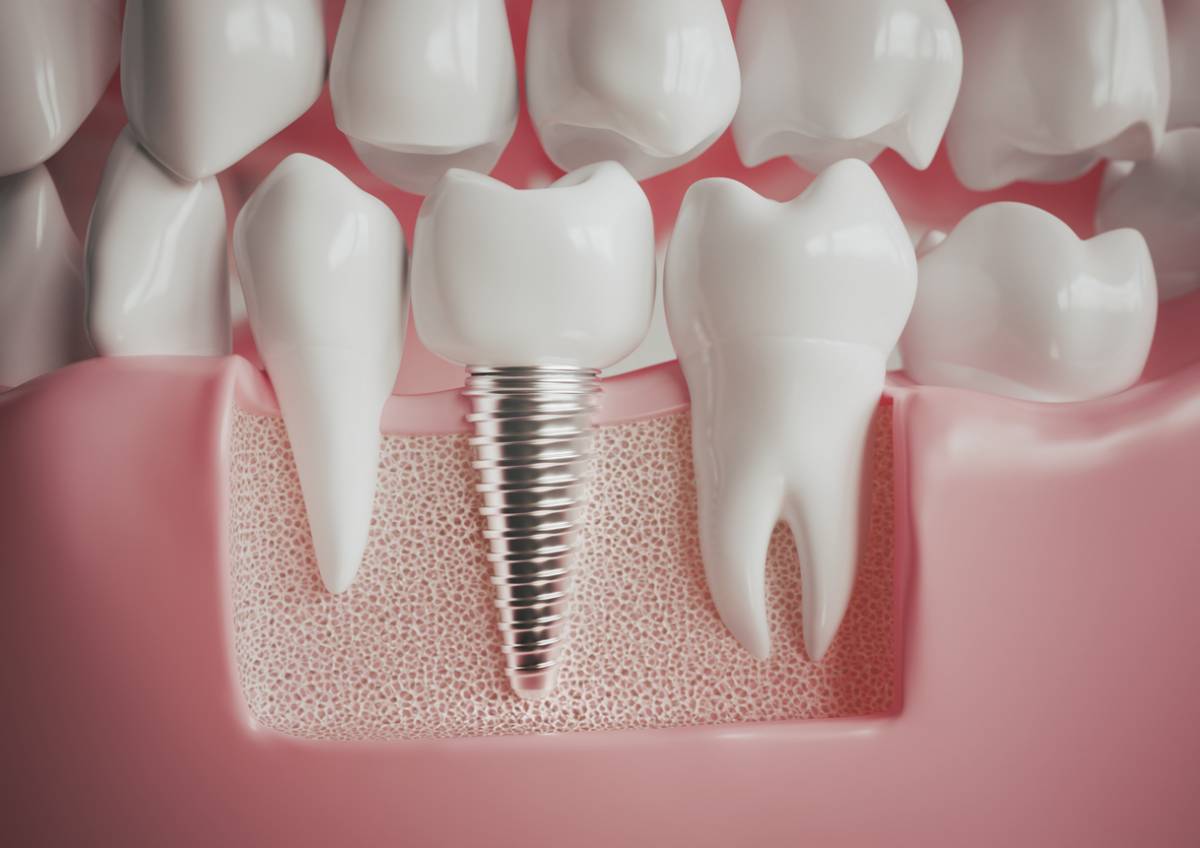Top Reasons Dental Implants Need to Be Removed
A good set of teeth is very important not just for functional purposes but also for aesthetic purposes. A missing tooth, especially when it’s in front, can damage a person’s self-confidence. However, the narrative of people with missing teeth changed when dental implants were introduced. Implants provide a long-lasting solution that restores functionality and aesthetics for many patients. And there’s no risk of them falling off while you’re talking, unlike with dentures. The problem is there are instances when they would need to be removed. In this post, we’ll explore the top reasons why dental implants need to be removed.
Top Reasons Dental Implants Need to Be Removed
Poor Implant Placement
To have a higher success rate, the skill and precision of your surgeon are of utmost importance. Bite misalignment, discomfort, loose implants, and unpleasant aesthetics can occur when implants are improperly placed.
If you’re thinking of having dental implants, your top considerations should be your surgeon’s expertise and experience. Call or visit a reputable dental office to learn more about dental implants and how you can have a higher success rate with them.
Peri-implantitis
Sometimes, infection can develop at the implant site, causing inflammation and swelling around the area. If this is not addressed promptly and the infection progresses, it can lead to bone loss and implant failure. In some advanced cases, implants may need to be removed to prevent the infection from spreading to the surrounding tissues.
Nerve Damage
When the implant is placed too close to or directly over a nerve, it can cause an extremely painful situation that requires emergency attention. In this case, your surgeon should remove the implant.
Sinus Problem
This usually happens when the implant was placed in the upper jaw. This may cause a sinus problem which would eventually lead to the removal of the implant.
Loose Crowns
When a dental crown becomes loose for some reason, it can result in the exposure of the dental implant underneath the crown. This can lead to implant failure and may result in the removal of the implant.
Natural Rejection
The human body has a mind of its own. When it comes to foreign bodies, it can decide that the foreign body is harmful and, therefore, needs to be removed. This is when rejection happens.
When your body rejects the implant, you may experience pain and inflammation. Sometimes, the site would simply refuse to heal, and the only solution would be for your surgeon to remove the implant.
Medications and Treatments
Some treatment procedures and medications can affect the mouth. They can cause your bones to weaken or cause dry mouth. This increases the risk of the implant loosening, which will lead to implant failure.
If you are set to undergo treatments or take medications, it is essential to inform your surgeon before you even have the implant.
Illnesses
There are illnesses that can impact the strength of your bones. Osteoporosis and diabetes, for example, are two illnesses that can affect your bones’ ability to support your implants. If they lose this ability, you run the risk of them falling out. Your surgeon may choose to remove the implants even before they do.
Broken Implant Fixture
Although they are designed to be durable and withstand the test of time and the friction caused by chewing, they may still be broken due to trauma or accidents. In such cases, it is imperative that the affected implant be removed to prevent further damage or complications.
Although the reasons for dental implant removal may turn you off and scare you away, it is wise to remember that the functional and aesthetic advantages of having dental implants far outweigh the disadvantages of having them. In general, a lot of dental implant patients experience no problem for many years. Some implants can even last a lifetime.
If you are still worried, it is worth noting that there are things you can do and precautions you can take to ensure that your implants will be able to serve you long and well.
- ✓ Good oral hygiene before the surgery
- ✓ Good oral hygiene after the surgery and throughout the healing period
- ✓ Regular follow-up visits to your surgeon
- ✓ Regular cleaning
Remember, if you will take care of your dental implants just like you would your natural teeth, you will be able to increase the lifespan of your implants.
If you think a dental implant is an option worth exploring, check out dental implants in Arcadia today.

Leave a Reply